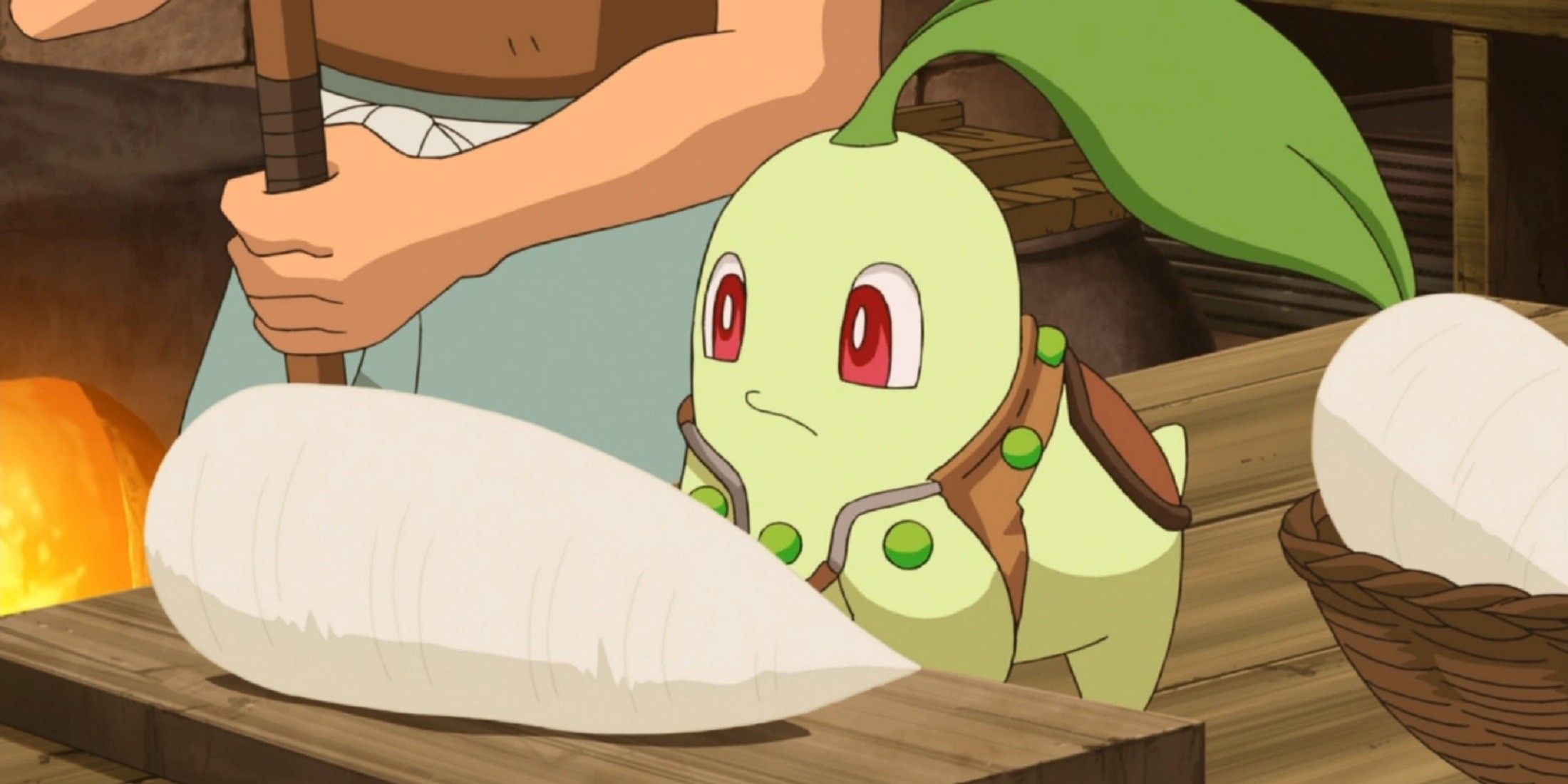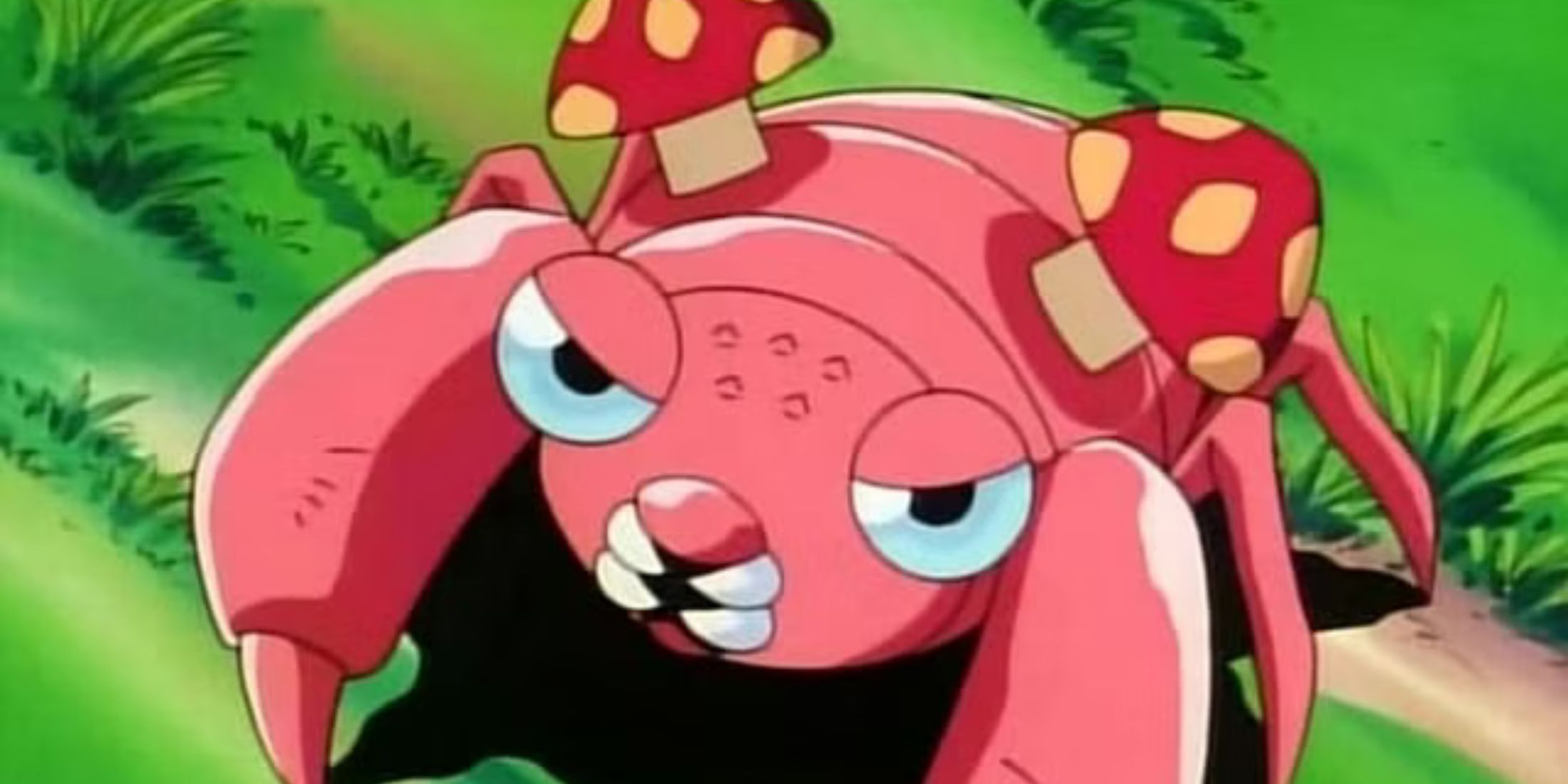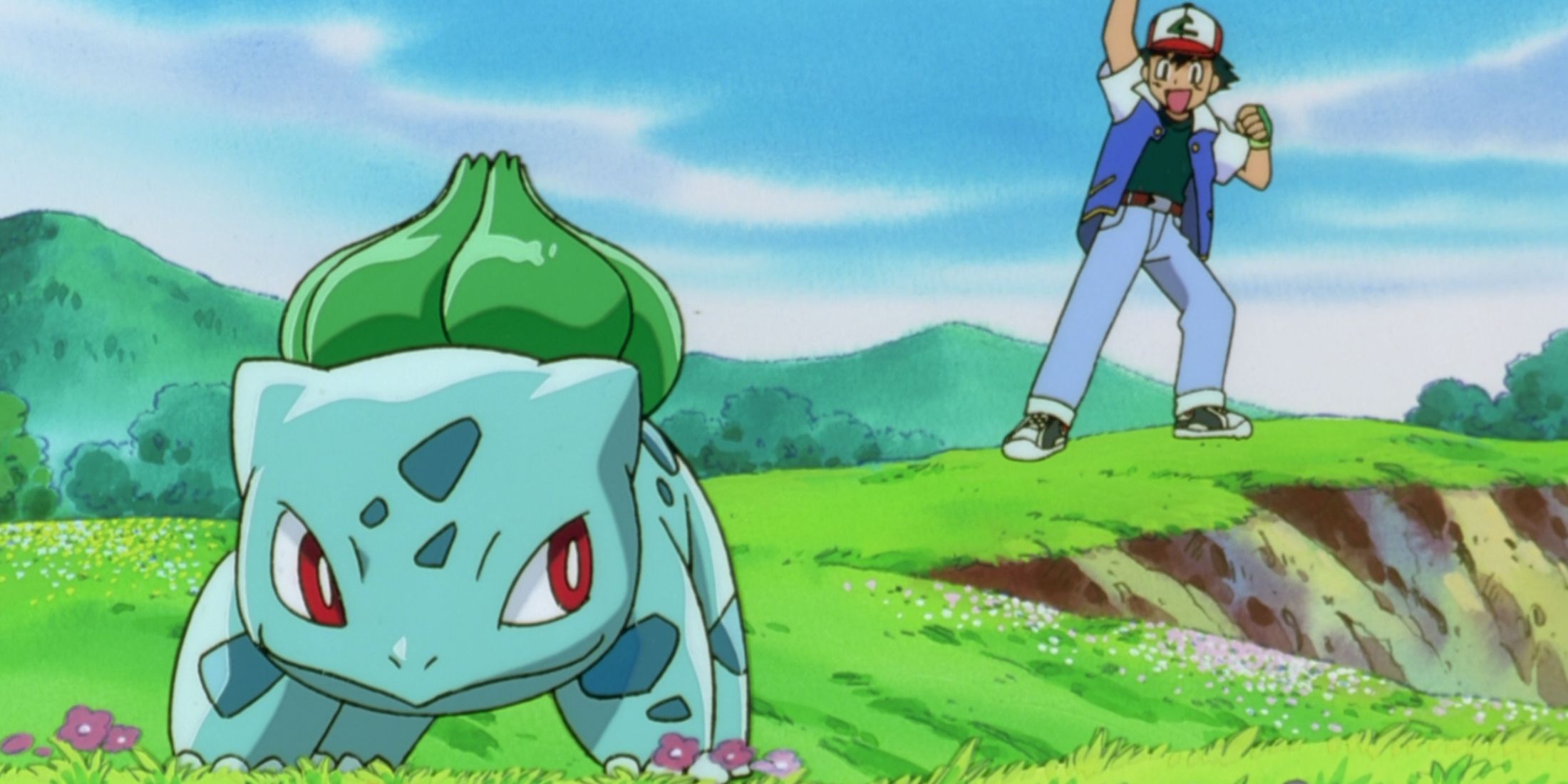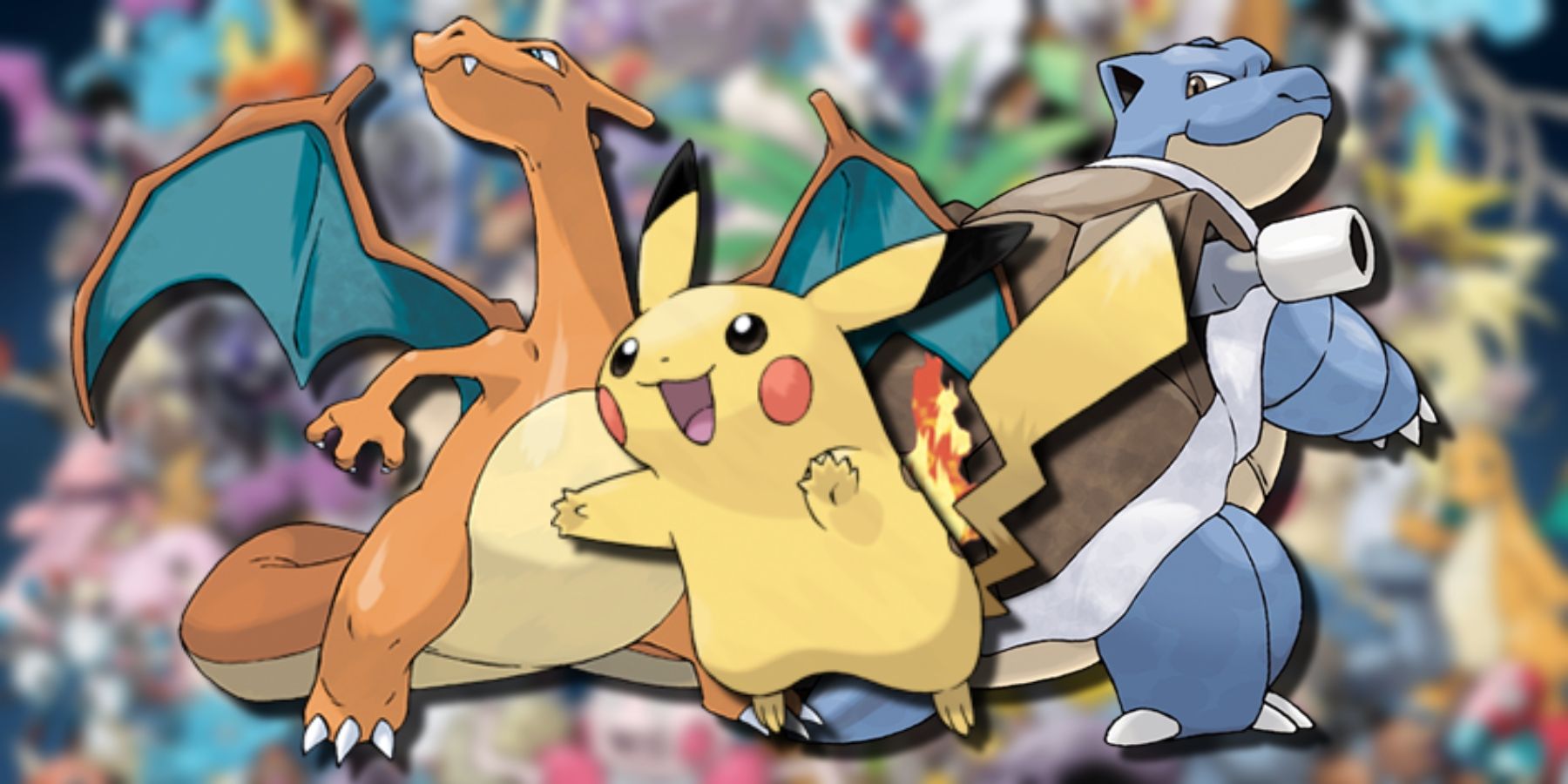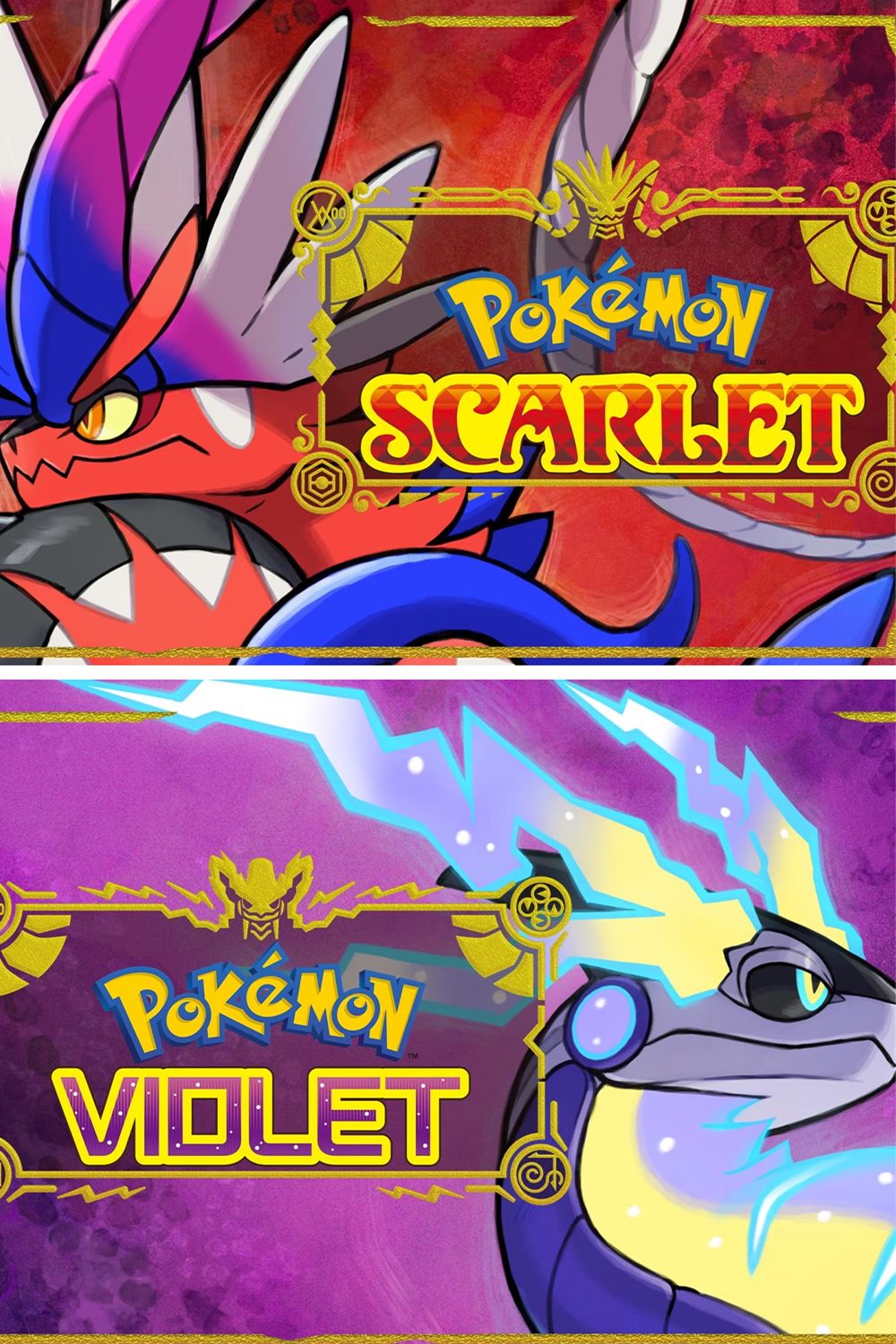Highlights
- Pokemon Yellow broke tradition by having a fixed starter (Pikachu) instead of the typical choice, and it didn't follow the perfect type trifecta rule that all other generations have.
- No mainline Pokemon game before or after Pokemon Yellow has attempted to break away from the perfect type trifecta rule or the three starters rule.
- Breaking the tradition of the perfect type trifecta rule and the non-Water/Grass/Fire starter rule in future Pokemon games could give players new ways to experiment with starter Pokemon and pay homage to the original games.
Pokemon games often come with their own gimmicks and unique takes on existing mechanics, which is a great way to build upon solid foundations while also trying to achieve something new or even ground-breaking. Gen 9 may be the ultimate example of this, with Pokemon Scarlet and Violet breaking multiple traditions that had been there from the very beginning of the series, such as line-of-sight trainer battles and tall grass random encounters both being removed. However, while every new mainline game tends to do something peculiar that makes it stand out from past entries, there are also Pokemon games that remain unique in one characteristic that is never found again in other titles.
While Pokemon Gen 10 is likely to revisit old, successful features from the series, it's also probably taking a big step back from some series-long staples - especially if it's going to be anything like Gen 9 games. On the other hand, Gen 1 was the pathfinder of the series, the first stepping stone in an almost 30-year-old franchise that's still going strong both in terms of video games and other media or products. As such, it seems strange that one Gen 1 Pokemon game remains an exception after almost 30 years of games.
Why Pokemon Yellow Stands Out Compared to Other Mainline Games
Pokemon Red and Blue and then their third counterpart, Pokemon Yellow, paved the way for the entire franchise to have a given set of rules, features, and traditions that each game typically abides by or shatters in some ground-breaking way. Among them is the fact that all Pokemon starters in mainline titles come in three different types that represent a perfect type trifecta where each of them is strong against one and weak against the other, both offensively and defensively. This is true for every generation - except for Gen 1.
While Pokemon Red and Blue created this rule, it didn't apply to Pokemon Yellow, which not only had a fixed starter in the form of Pikachu instead of the typical starter choice, but it also didn't have a type that belonged to the trifecta in any way. Pikachu is an Electric-type Pokemon, and it's been the main series mascot ever since the franchise was founded, but what's interesting is that there has never been an Electric-type starter in mainline titles (given the trifecta rule) and none of the starters ever evolved into an Electric-type either. This Pokemon fact may seem odd, but it's deeply rooted in the series.
There have been multiple spin-off games where Pikachu and other Pokemon, such as Eevee, have taken the role of "starters" - most notably with the Let's Go games. Still, no mainline Pokemon game before or after Pokemon Yellow ever attempted to break away from the perfect type trifecta rule, the three starters rule, and the non-Water/Grass/Fire starter rule.
This would be a good tradition for Gen 10 Pokemon games to break, as it would not only be a nod to one of the first games in the series, but it would also give players new ways to experiment with the concept of starter Pokemon. An example is how Pokemon Legends: Arceus used past non-Gen 4 starters and gave them new forms.
Pokemon Scarlet and Violet's Indigo Disk is breaking a starter tradition that will have huge implications, as it will allow trainers to catch all past starters in one game. With this in mind, it wouldn't be a stretch for future Pokemon games to finally trace back to the Pokemon Yellow exception and make it more like a norm, instead.

